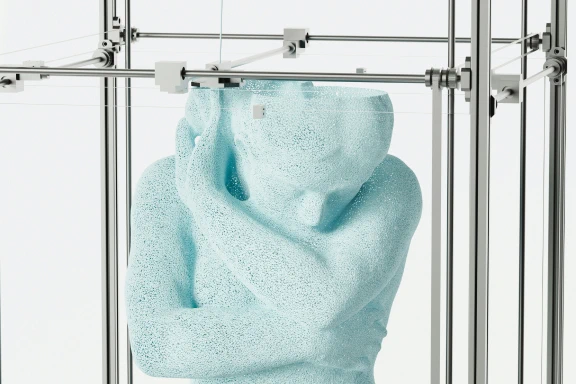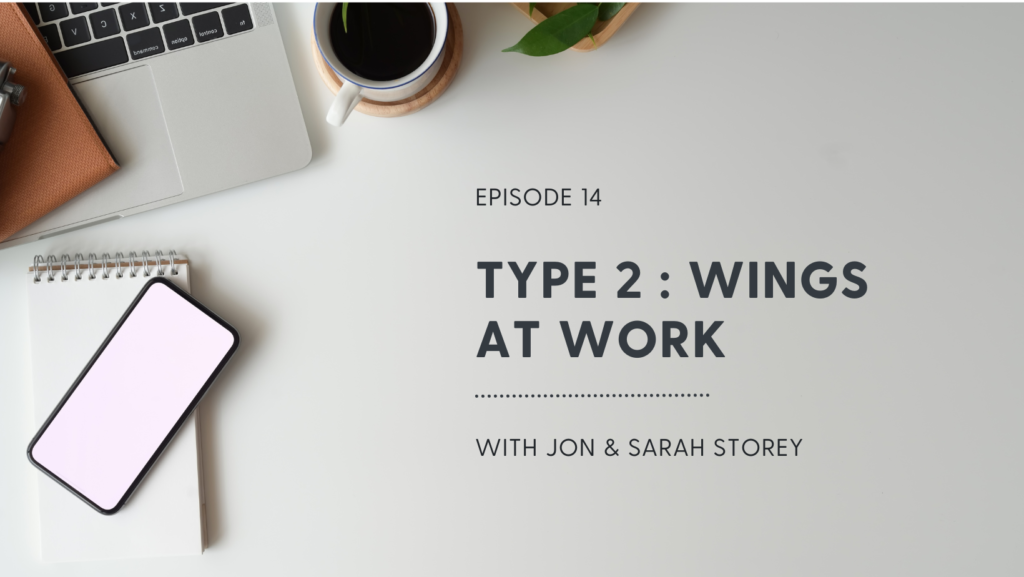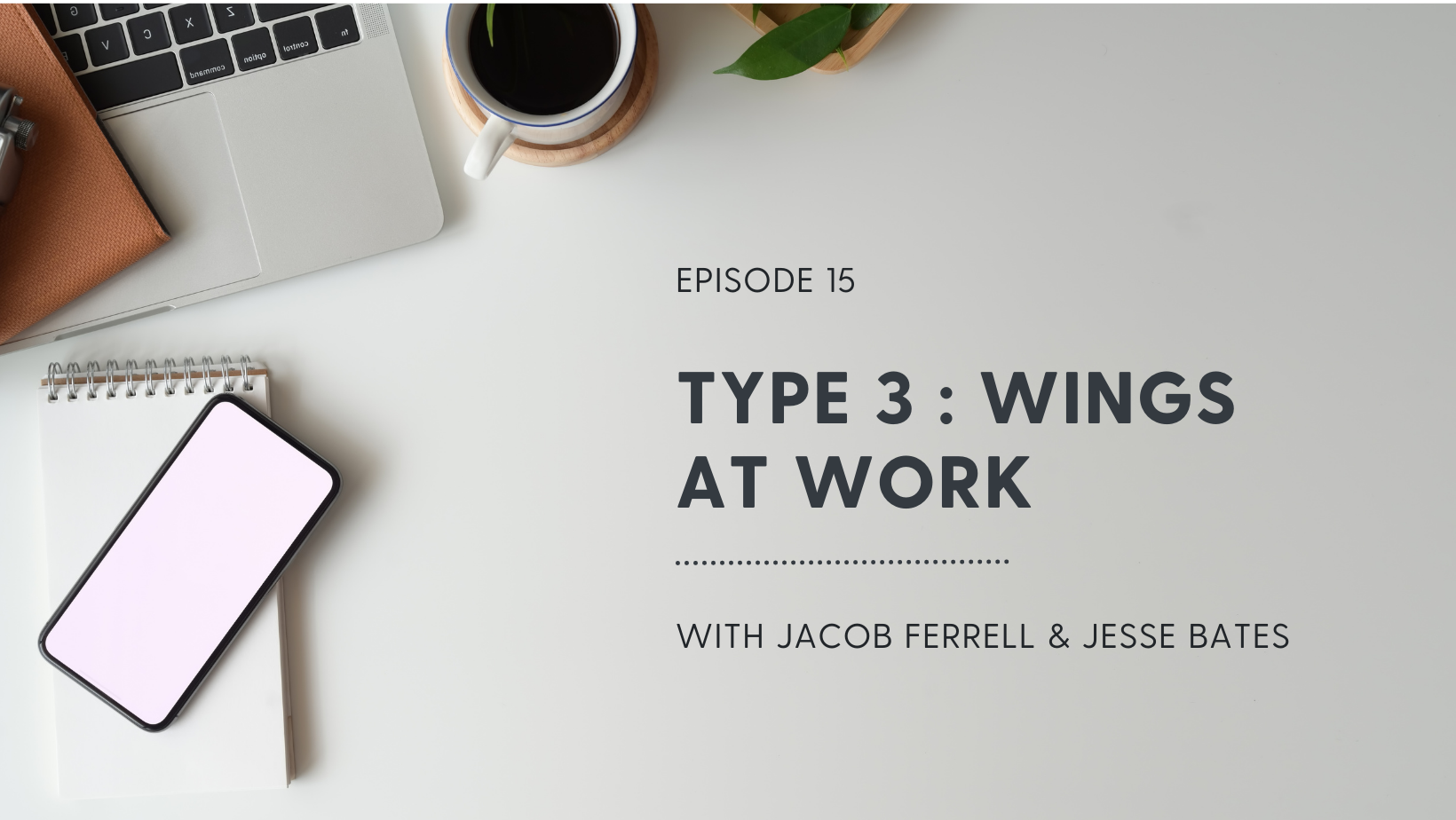
The term “treat yourself” gained popularity much to the credit of the 2009 tv series Parks and Rec. Characters Tom Haverford and Donna Meagle partake in an annual “treat yo’self” day—the day's theme: Splurging on shopping, fragrances, massages, etc.
While letting yourself splurge is exciting and fun, the overall “treat yourself” mindset can be problematic. Fun is essential, but there is a difference between fun for the sake of enjoyment and fun for the sake of escaping reality. When left unchecked, the “treat yourself” mindset encourages indulgence and the idea that you must spend most of your life practicing self-abnegation to earn the right to be selfish. In other words, if you are good enough 364 days out of the year, you have achieved the right to one “YES” day. A day where you can do whatever you want, whenever you want, wherever you want. A day without limitations. A day where you can be selfish because you earned it.
Obviously, this belief is impractical and unsustainable. The subconscious mind will experience deprivation and will compensate with indulgence. Like a pendulum, the further you swing into self-abnegation, the subconscious will demand balance in the other direction.
The solution is a relatively simple one. Instead of depriving yourself of the things that bring you joy, incorporate them into your everyday life. There are a few complications to this. Sometimes indulgence is disguised as self-care, which begs the question:
How do you know the difference between indulgence and self-care?
I’ve put together a list based on your Enneagram Type. If you don’t know your Enneagram Type, take this free assessment, and find out in less than 10 minutes. Keep in mind the list is geared toward recognizing the difference between indulgence and self-care, specifically in the work environment.
Type One - The Reformer
Indulgence - Indulgence shows up when you work too hard. You can feel overwhelmed by the list of things that need fixing, and you convince yourself that you have earned rest, leisure, and fun. However, when you indulge in leisurely activities, you feel immense guilt for not being productive.
Self Care - Contend with your desire for perfection by allowing yourself to be “good enough.” If you continue to push yourself, it will cost you considerably. People you report to will feel like they cannot attain your high expectation of them as a leader, and those who report to you will feel like they’re never good enough, leading them to quit.
Type Two - The Helper
Indulgence - Indulgence shows up for you when you feel unappreciated. You are sensitive to other people's needs and expect others to be sensitive to your needs in return. You can resent the lack of thoughtfulness or appreciation, so resort to the mindset that you deserve more compensation because “this place would fall apart without me.”
Self Care - Your desire to help others will burn you into the ground if you do not establish healthy boundaries. Practicing good self-care in the workplace requires you to ask for help and be okay if someone is frustrated with you, angry at you, or if you perceive they do not like you.
Type Three - The Achiever
Indulgence - Indulgence shows up for you when you overachieve to impress others. When you inevitably come up short, you blame others and external factors for your “failure.” You will either double down in work mode (indulging in workaholism) or completely zone out and lose connection with things you typically feel passionate about (indulging in laziness).
Self Care - Self-care for you looks like catching yourself when you are comparing yourself to others and allowing others to define what success looks like for you. Take time to plan what you desire to achieve in life, and be sure you’re not chasing anybody else’s dreams.
Type Four - The Individualist
Indulgence - Indulgence shows up when you do not feel appreciated or understood for the unique ways you accomplish your work. You withdraw from others, and you daydream of the ideal work environment that includes you as much as it includes everyone else. As a result, you justify ignoring or putting off the more tedious aspects of your work.
Self-Care - The tricky aspect of self-care is managing your emotions. Your feelings deserve proper attention and care but cannot drive your decisions or behaviors. Take time to process your feelings and then reconnect with your work.
Type Five - The Investigator
Indulgence - Indulgence shows up in the form of privacy. When you are overwhelmed at work, you often retreat to recharge. You experience frustration when others do not approach problems logically, and you will remove yourself from the situation.
Self Care - Spend time actively engaging with your emotions in a time and place where you feel comfortable so that you are not solely relying on your logic and therefore negating connection to your heart. Connecting with your emotions allows you to process your feelings instead of letting them build up and cloud your judgment at a later time.
Type Six - The Loyalist
Indulgence - Indulgence shows up when you cannot trust others. You sort your coworkers into two categories: allies and enemies. The time you should spend on your work is spent planning how to protect yourself, rallying your allies, and projecting your fears onto others.
Self Care - Self-care involves engaging in challenging conversations with an appropriate level of grace and understanding to re-establish trust. Understand that fear often drives your thoughts and actions. You tend to see the worst and others. Practice finding the best in them too, and you’ll find that your working relationships are much less volatile.
Type Seven - The Enthusiast
Indulgence - Indulgence shows up for you when you feel like you are not doing fulfilling or exciting work. You will justify putting off boring work and often rely on your charming personality to get you out of the restrictions or “rules” that others have to follow.
Self Care - Self-care includes adding an element of discipline with enjoyment. Not every part of your job is supposed to be fun, but that doesn’t mean you cannot make the tedious and mundane tasks fun. Use this as an opportunity to get creative.
Type Eight - The Challenger
Indulgence - Indulgence shows up for you when you overextend yourself. Anger is readily available, and you experience frustration with your own human limitations and the laziness in others. As a result, you cut people off too quickly, fire them too early, or explode on them in a way that doesn’t leave room for reconciliation.
Self Care - Ask for help and trust others to get things done, even if it’s not up to your standards. You can sometimes underestimate how much work a project can take. Learn from your miscalculations in real time and adjust for future work to avoid over-extending yourself.
Type Nine - The Peacekeeper
Indulgence - Indulgence shows up for you when you struggle to balance your workload or when you sense conflict on the horizon. Instead of working through healthy conflict, you indulge in avoidance. You hope to attain peace by sweeping conflict under the rug. However, the road to true peace comes starts with mustering the courage to have uncomfortable conversations.
Self Care - Practice self-care by asking others to help you prioritize your work. Spend a set amount of time each week to plan the week ahead. Think about your goals, and be sure to prioritize what is important to you just as much as you prioritize what is important to others.
I want to know my Enneagram Type!Keep in mind these are general suggestions, and individuals may vary within their Enneagram type. It's crucial to grow in self-awareness to help discern the difference between indulgence and self-care.


